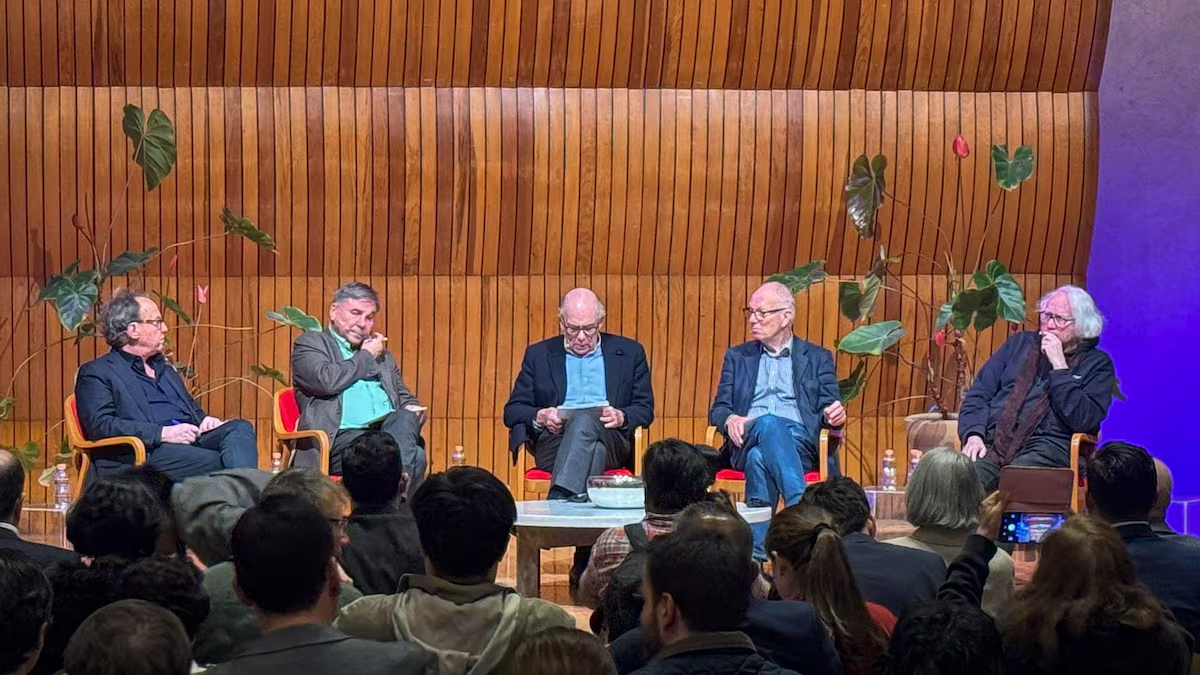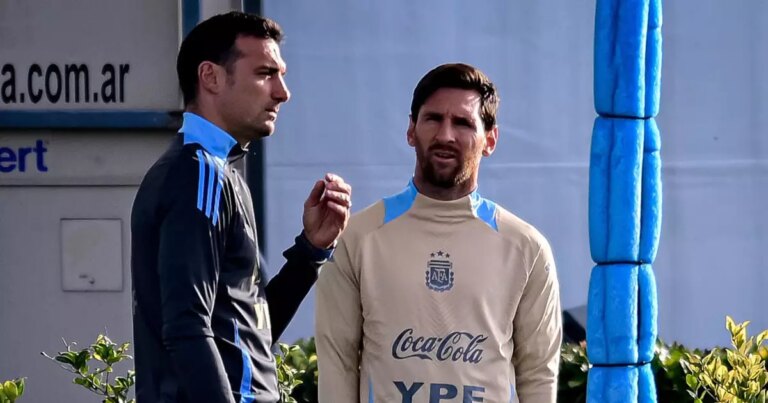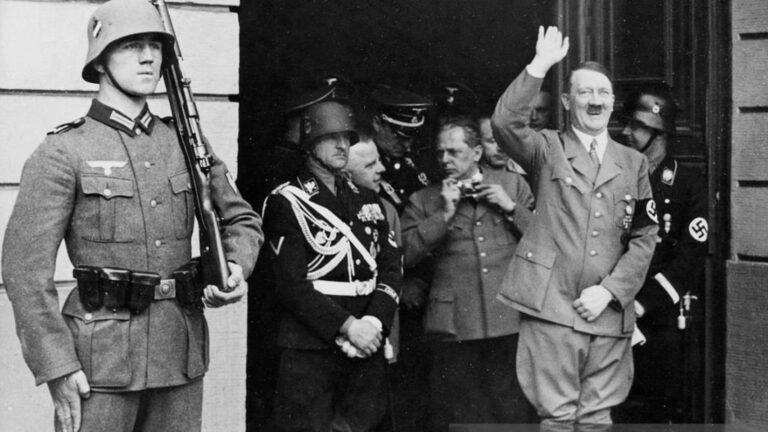
The stage for the first day of this Wednesday’s event was a national school. freedom of returnsThe project, organized by the magazine Letras Libres in collaboration with the Ricardo B. Salinas Priego Center for Arts and Culture, brought together writers and scholars from different countries to analyze liberal democracy in an era of rising populism. In the day’s first panel on the relationship between the economy and the crisis of representation, political analyst David Frum explained that China’s economic miracle, which Mr. Trump hopes to emulate, can be explained by the high level of education of its people and the Chinese government’s plan to curb consumer spending so that wealth remains under state control and is available for large-scale investments. “This is the current strategy of the Mexican government, but it is not working because the government does not suppress it enough,” he commented.
Unlike the previous meeting held in 1990, this time China played a prominent role in the first conversation of the day, moderated by EL PAÍS journalist Andrea Aguilar. Panelists for the first debate, which also included Bulgarian political scientist Ivan Krastev and Mexican internationalist Carlos Elizondo, agreed on the political and economic power of the Asian powers. Krastev emphasized that the Chinese elite differs from the American elite in terms of training, saying that in Beijing it is mainly made up of engineers. For Bulgarians, this explains the government’s interest in construction projects and its failed health strategy to fight the coronavirus several years ago.
Elizondo, the academic, argued that Claudia Sheinbaum’s government sees China as a model: “There is so much admiration for nationalism that actually works, that they imagine themselves to be able to emulate it in some way.” But he said this was “just a fantasy,” citing the bailout of Petroleos de México (PEMEX) carried out by both Mexico’s president and his predecessor. “Management capacity has been severely eroded and we will not be able to do so in the future,” he stressed. He went on to argue that states are incapable of sustaining the clientelistic model of the self-proclaimed Fourth Transformation: “The paradox of López Obrador and Claudia Sheinbaum’s populism is that very small states do nothing but hand out money and do little else.”
The meeting also brought up the earthquake caused by Donald Trump’s inauguration as US president. “The world economy is in crisis,” Frum said, asserting that the rise of bigwigs has also put pressure on people’s freedoms and put an end to American leadership. “Where will ‘deglobalization’ lead? It will lead to war,” he concluded. Regarding the Trump administration’s attacks on suspected drug traffickers, commentators described these attacks as an example of a dramatic change in U.S. policy without any justification: “There is no authorization from Congress, there is no recognition of any kind from the United Nations, there are no allies or partners.”
Krastev brought the coronavirus disease (Covid-19) pandemic into the discussion. For him, this led many to bet on nationalist economies to reduce dependence on other countries, and most of all, it created a sense that “big government is back.” “There was a huge backlash from liberals,” he said, adding that the restrictions imposed clashed with many people who didn’t want the government to tell them how they should live. According to this intellectual, the fact that it was the United States, and not any other country, that chose to go against globalization caused the rest of the world to change their plans.
The second panel of the day was moderated by Enrique Krause, historian and director of the magazine Letras Libres. Intellectuals Ian Bruma, Ivan Krastev, Mark Lilla, and Leon Wieseltier have been responsible for analyzing the unrest in liberal societies, where dissatisfaction with and lack of trust in institutions is increasing. At the time of the first intervention, Lira said that “something has broken” because the state can no longer produce liberal people and people with liberal values. Furthermore, he emphasized that liberalism does not simply mean “expressing opinions and voting for people,” but rather refers to a lost “system of deliberation.”
Leon Wieseltier stressed that there are “fundamentally incorrect assumptions” about liberalism. “Liberalism cannot meet all needs,” he says. For academics, “people have high expectations of political frameworks” that are perceived as “totalitarian”, i.e. covering all aspects of life. “If you’re looking for the key to all mysteries, liberalism will disappoint you,” he commented. And he asserted that “those who are dissatisfied with liberalism want definitive answers.” According to Wieseltier, all the blame should not be placed on the political spectrum, as many of the solutions lie elsewhere.
Intellectual Ian Bluma argues that there is no precise definition of liberalism because it has different meanings in Europe and America. Moreover, he argued that, at least since the Cold War, political parties were no longer interested in supporting the working class, nor were they interested in economic injustice. Instead, they have focused on cultural and social programs. “The political platforms of the parties have become so diluted that they can no longer capture people’s attention,” he said.
Religion is also an important variable assessed by intellectuals, who agree on the danger of religion being used for political purposes. Wieseltier has been a strong advocate of religion, saying, “I don’t think we should be afraid of religion.” However, we have also outlined some nuances. “I have always believed that the combustion of religion and politics, or religion and nationalism, is almost always a very dangerous phenomenon,” he said.
event freedom of returnsits origins lie in the conference 20th century: the experience of freedomOrganized by Vuelta, a magazine supervised by Nobel Prize in Literature winner Octavio Paz, the conference continues with its second day at El Colegio Nacional this Thursday. The first of these, on the threat of authoritarianism beyond military coups, was moderated by Mexican academic Leon Krause and included former minister José Ramon Cossío, Spanish analyst José María Lasalle, and author Celeste Marcus. The second debate will include journalist Daniel Gascón, scholar Gisela Kozak, and author David Leaf, and will be moderated by literary critic Christopher Dominguez Michael.



